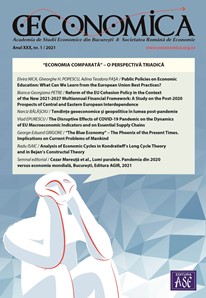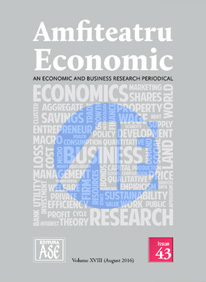The Evolving Identity of the Firm. Cognitive Peculiarities and Idiosyncratic Perceptions
Research into the theory of the firm began with the publication of “The Nature of the Firm” (Coase, 1937), which led to the appearance of four essential questions about the nature of the firm. Why do firms exist? Why are these organized the way they are? Why are there firm boundaries? Why are firms heterogeneous? These questions led to the emergence of many research programs starting with the 1970s, in the seminal works of Alchian & Demsetz (1972), Jensen & Meckling (1976), in transaction-cost economics (Williamson, 1981), in behavioral theory (Cyert & March, 1963), a theory that considers that firms create value by compensating for individual cognitive limitations, and so on. But the effort to integrate firm theory and entrepreneurship is relatively young, especially when we emphasize that modern firm theory was based on the “production function view” (Langlois & Foss, 1999), assuming a predetermined set of production possibilities, starting from a homogeneous interpretation of the firm, in a binary input-output relationship. The firm begins to become dynamic with the emergence of the heterodox Austrian perspective, suggesting that firms create value through their ability to combine the judgments of numerous individuals (Penrose, 1959). More











